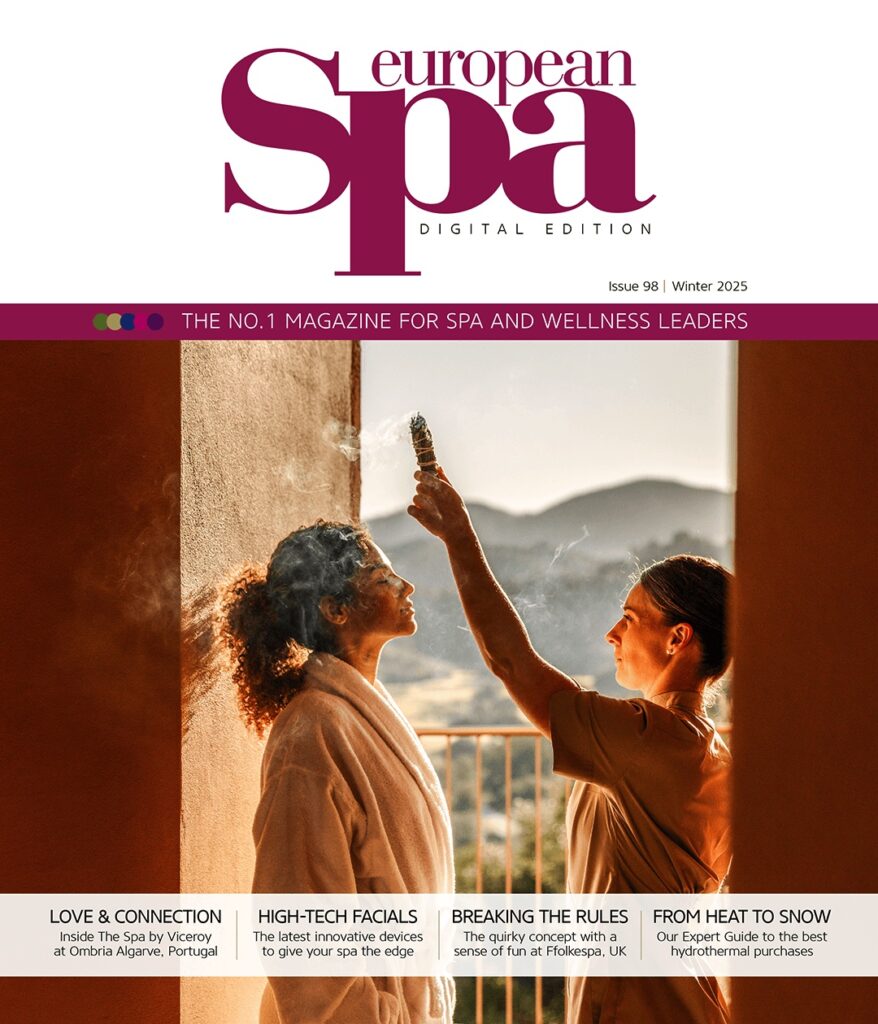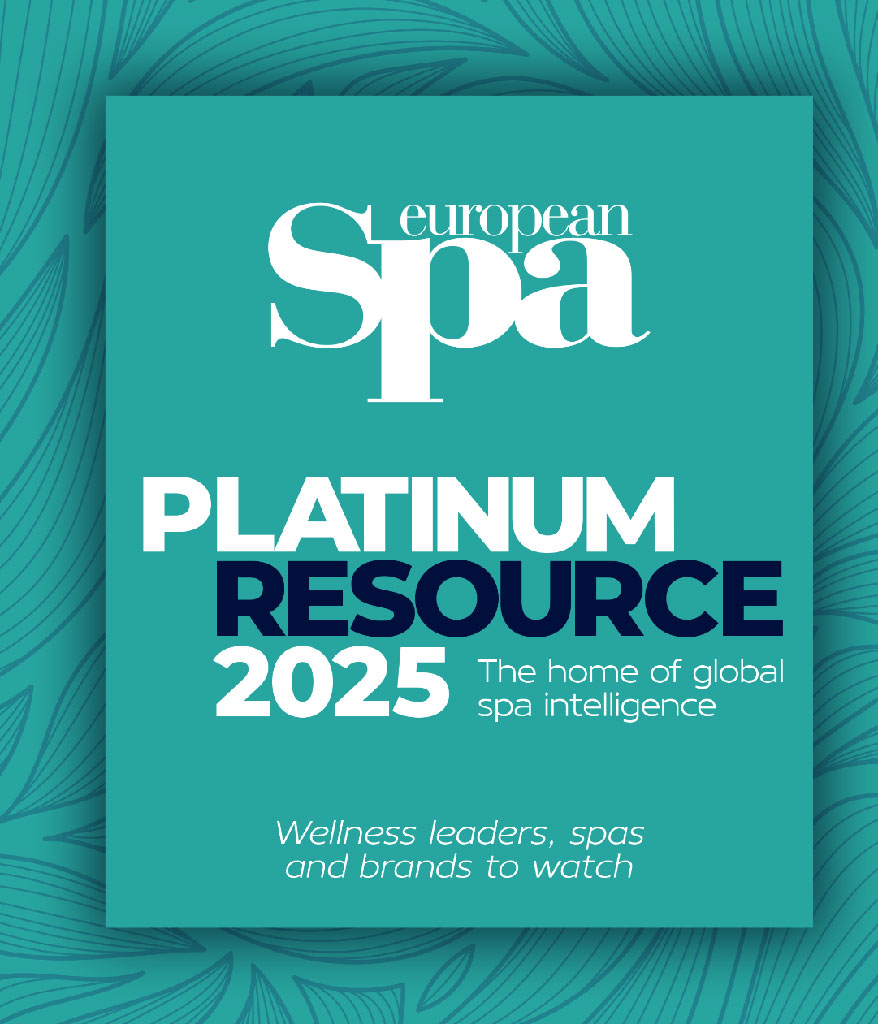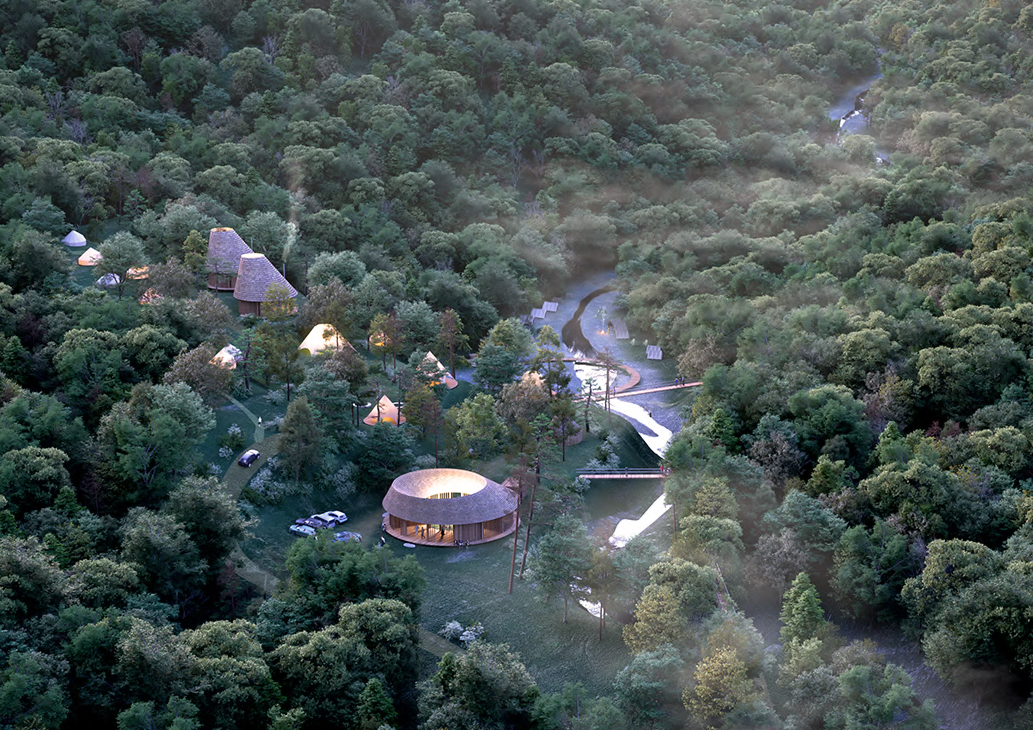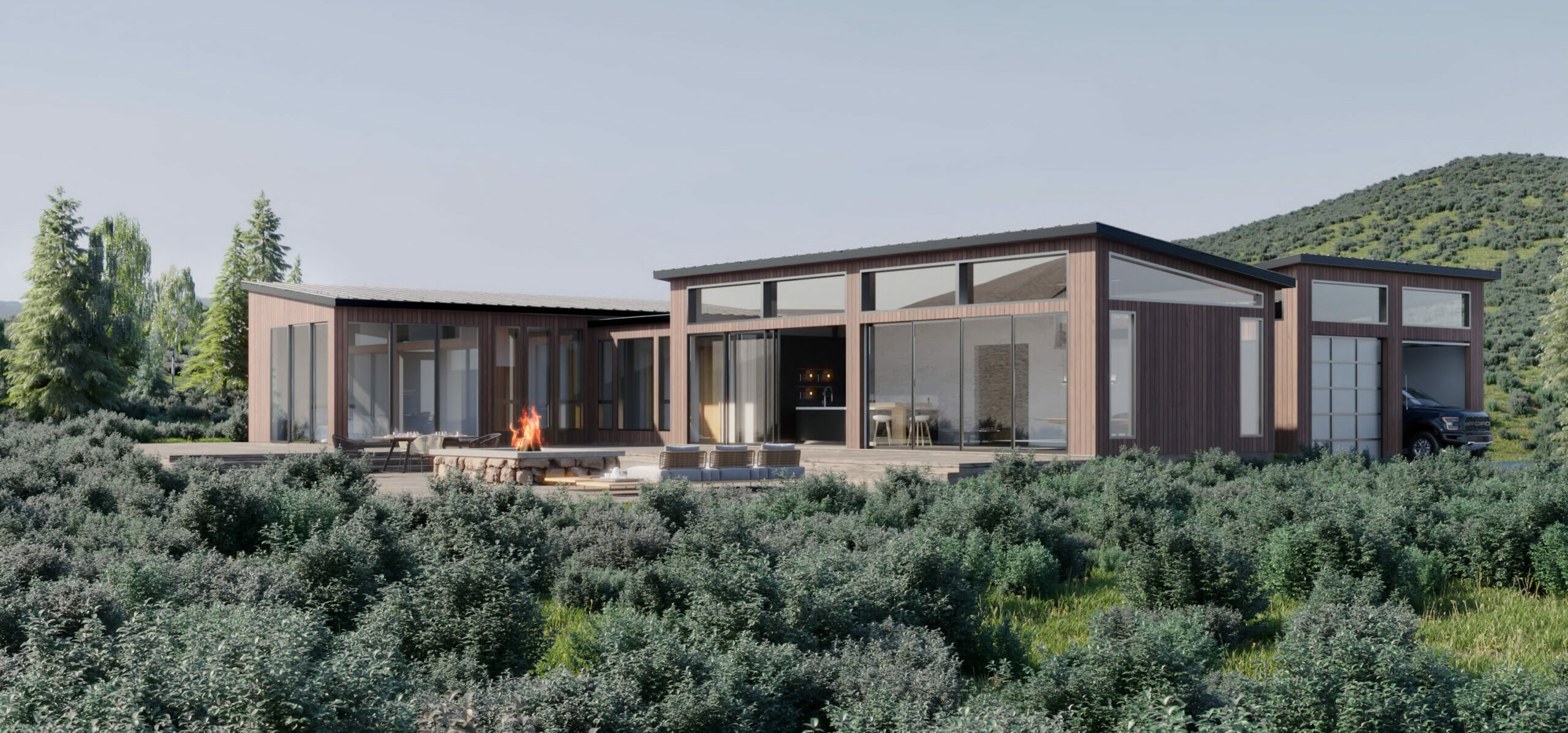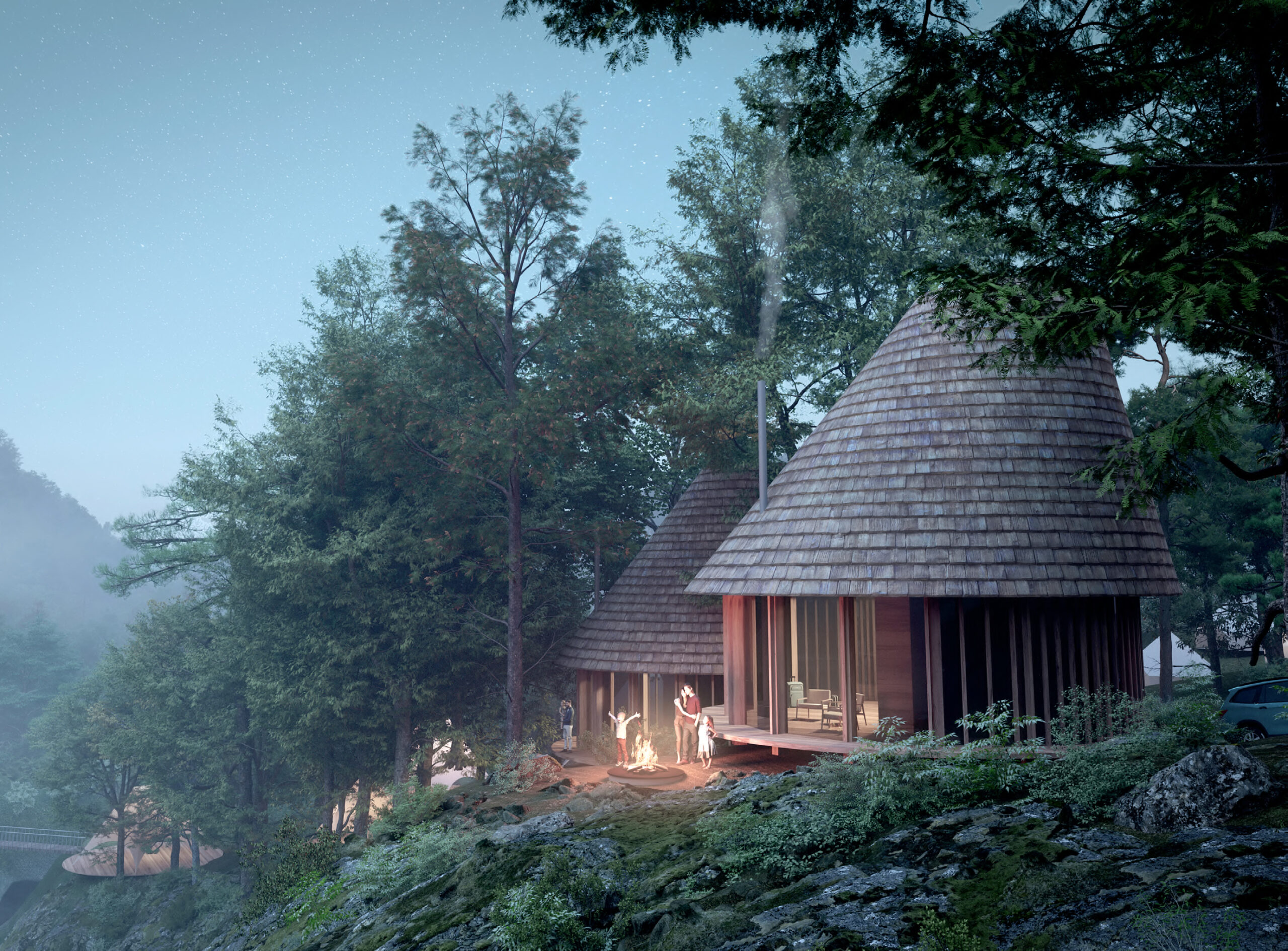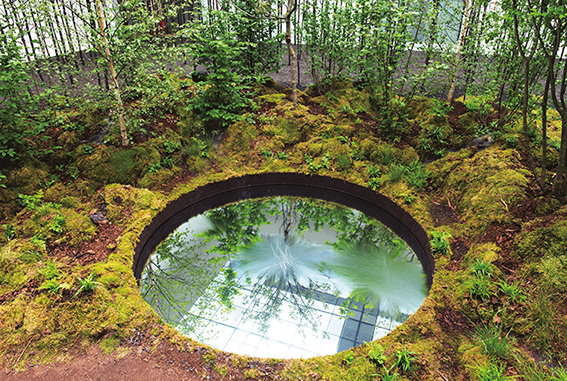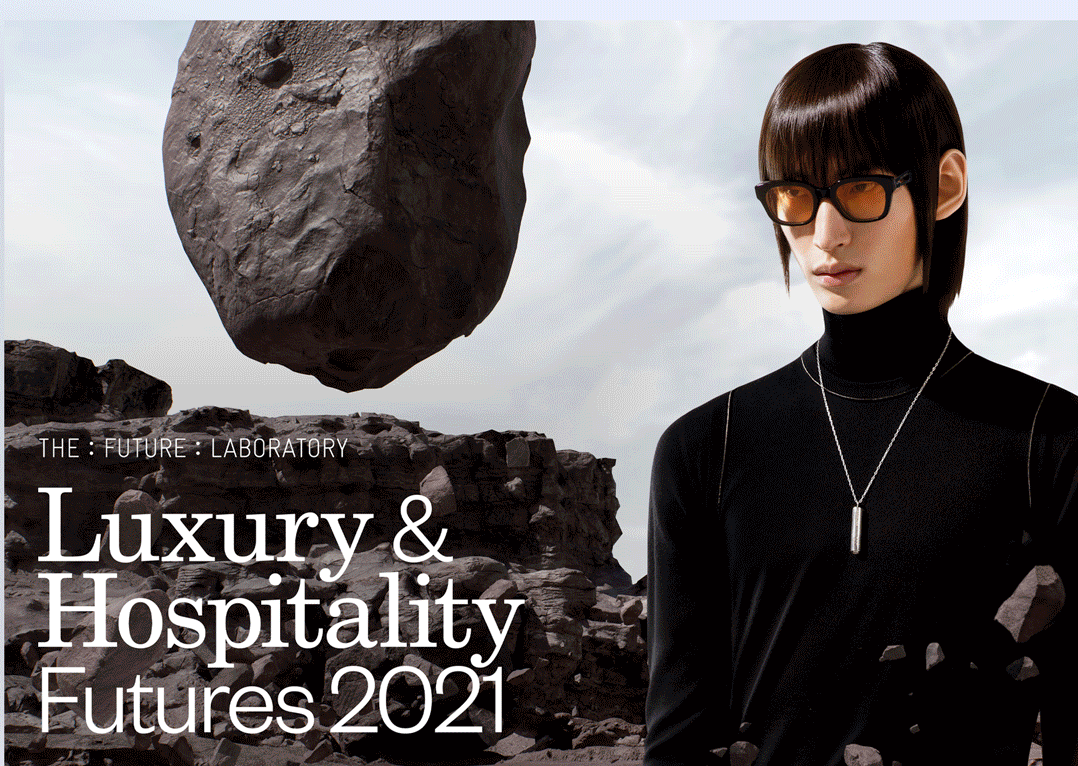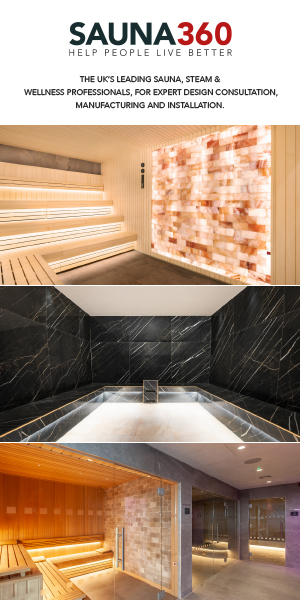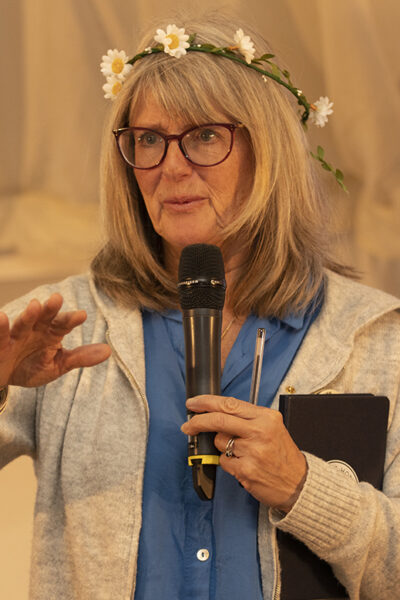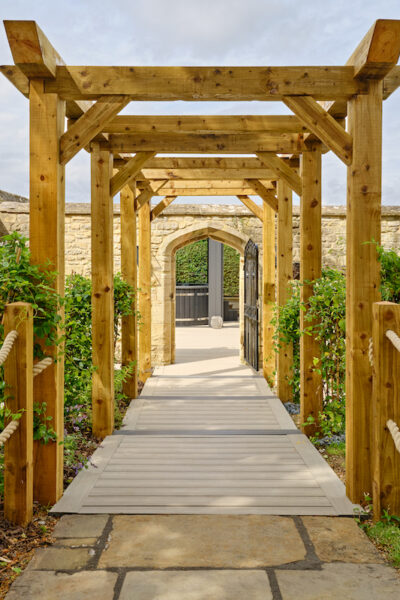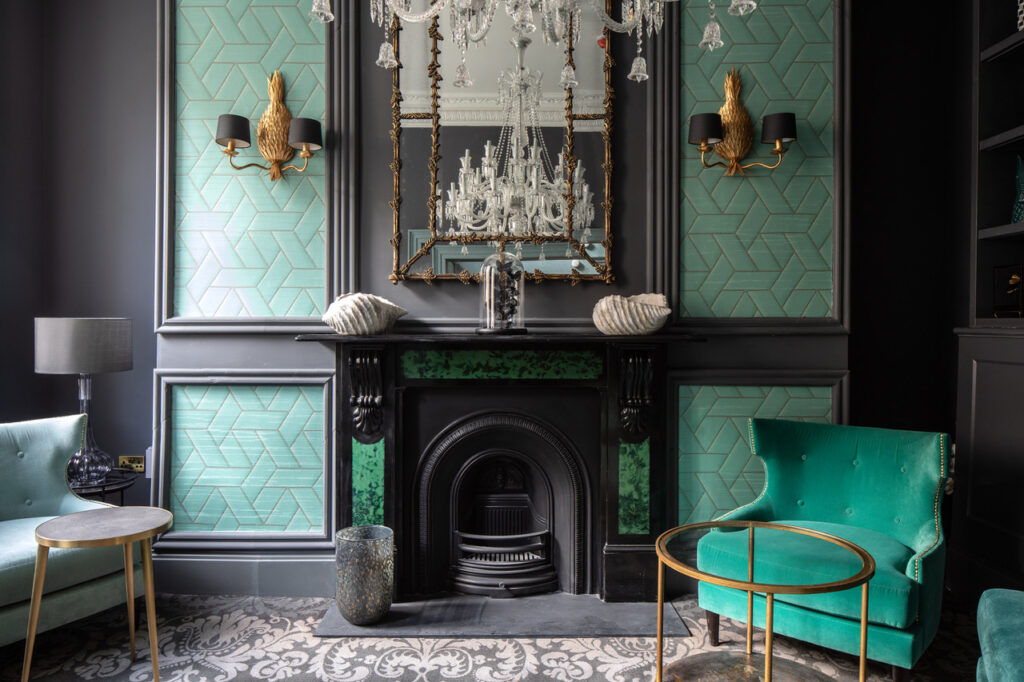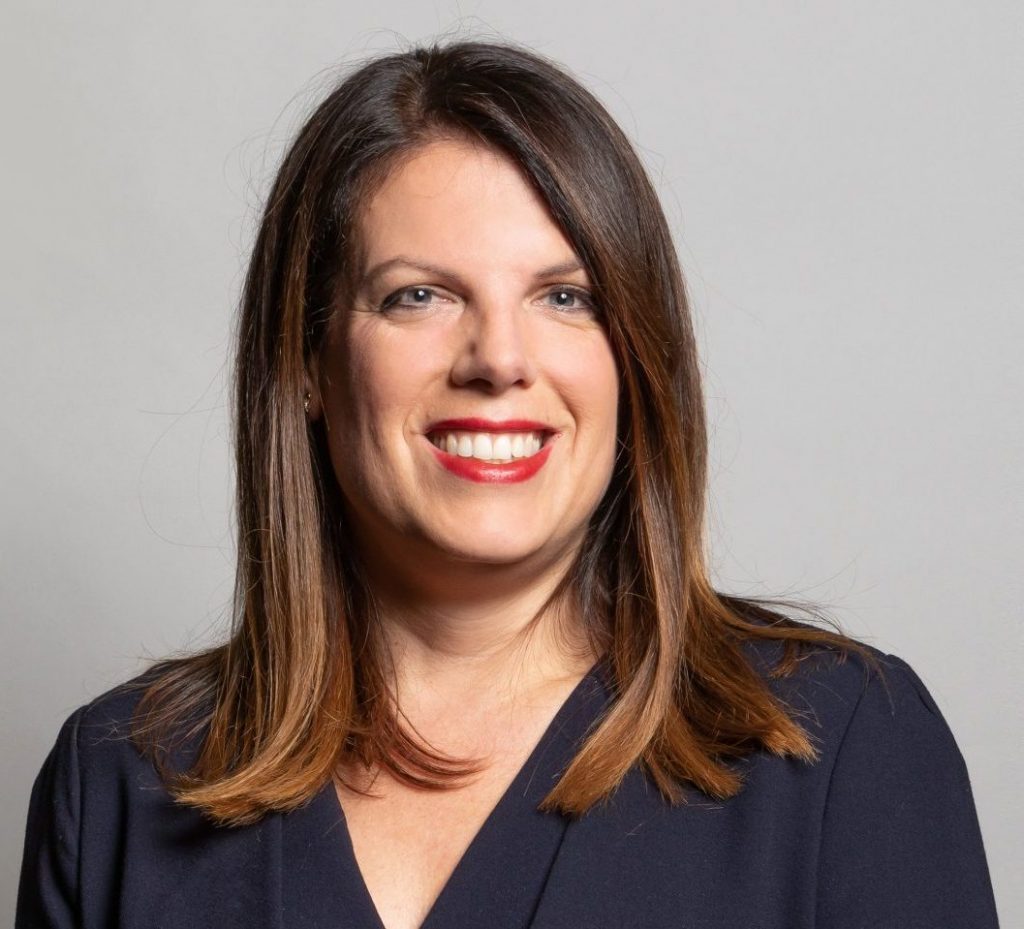Global luxury tourism revenues fell by an estimated 54 per cent in 2020 as a result of the Covid-19 pandemic, with Europe bearing the brunt with a 36 per cent decrease, according to the 2021 Luxury & Hospitality Futures report from The Future Laboratory.
The report, which aims to future-proof organisations, offers consumer insight and trend forecasting across a wealth of industries including wellness, travel, luxury retail and real estate.
With the pandemic bringing health and wellbeing to the fore, demand for at-home fitness tech has risen, with leading interactive fitness platform Peloton reporting a 141 per cent increase in sales in March 2021.
“79 per cent of respondents to a global consumer survey said that they believe that wellness is in important, and 42 per cent consider it a top priority,” the report stated.
